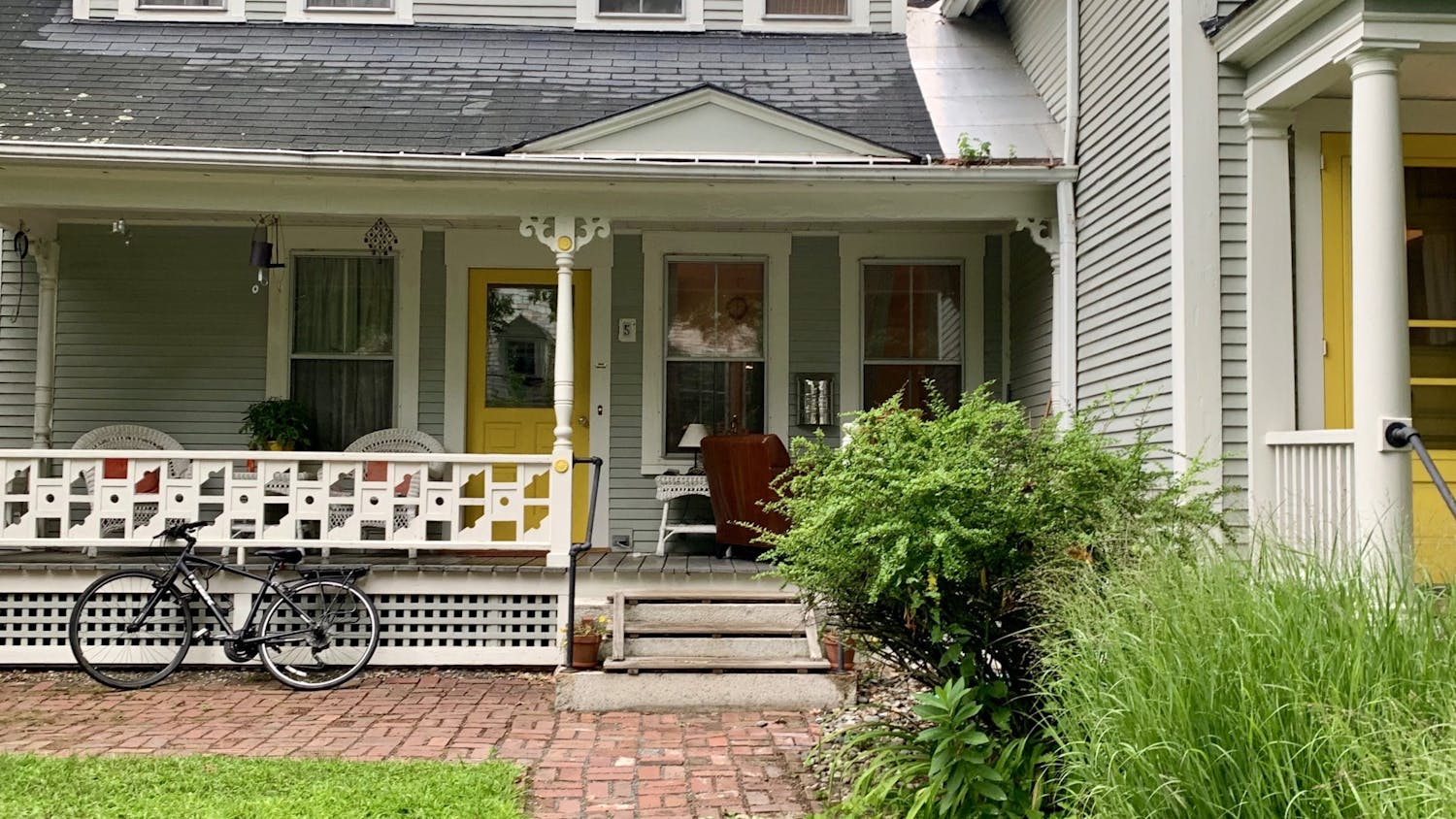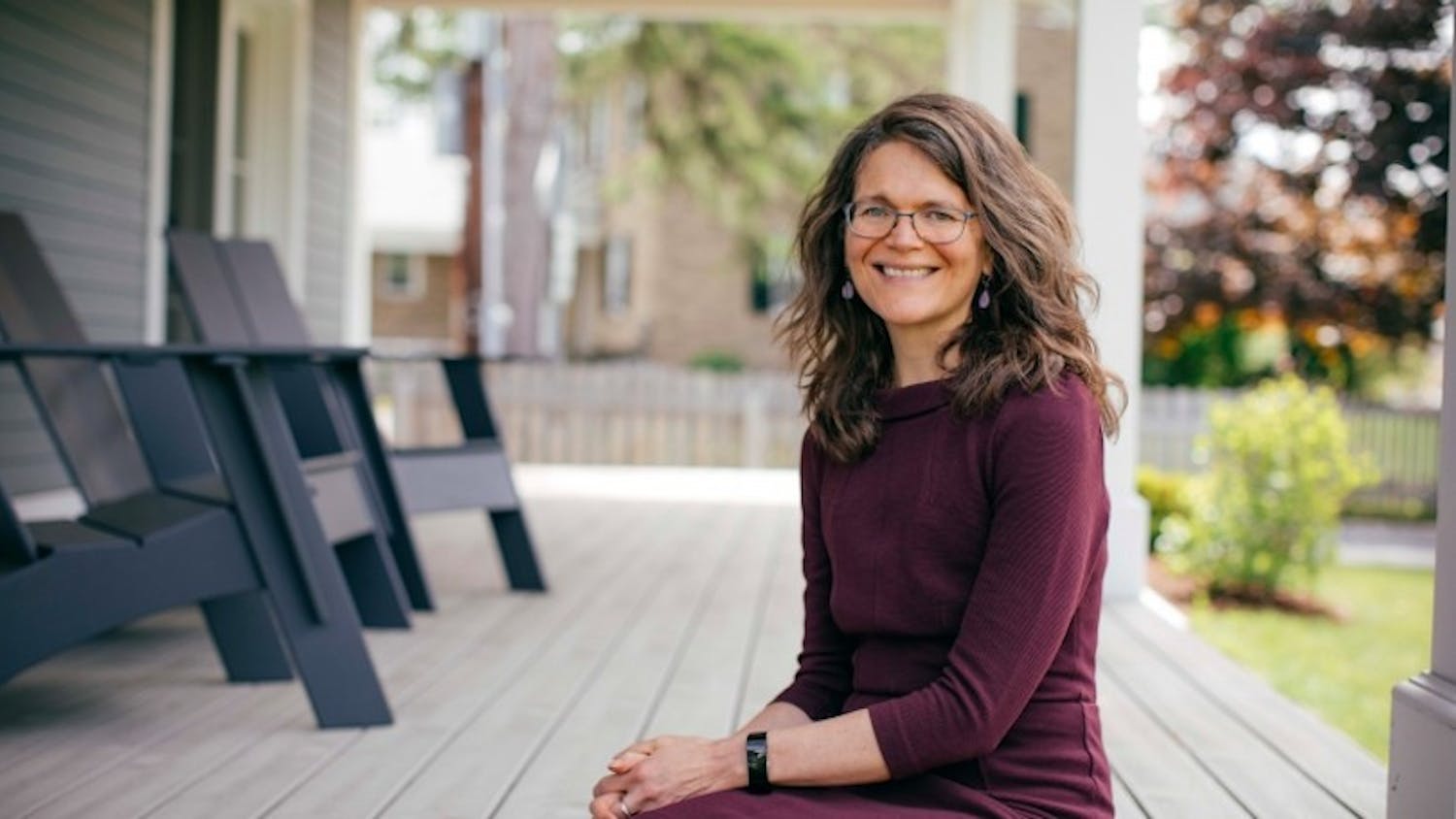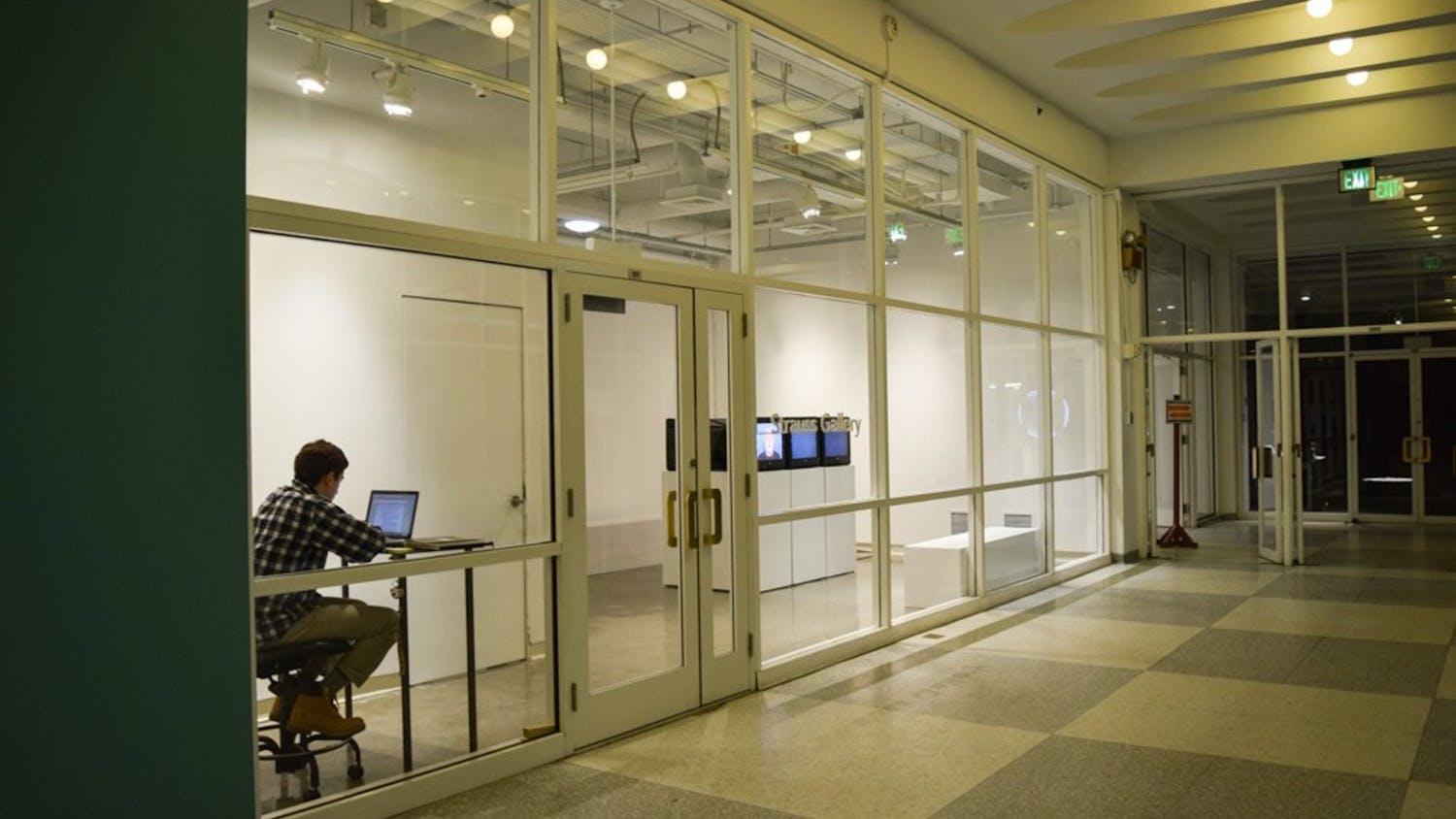As Dartmouth makes dramatic adjustments to student life due to COVID-19, the Dean of the College Student Advisory Board has met regularly with Dean of the College Kathryn Lively, seeking to bring student perspectives to the decision-making table. In the two months since its creation, the board has provided input on issues such as how to bring students back to campus safely and methods to promote adherence to COVID-19 regulations.
The creation of the advisory board was announced in July after student groups like the Dartmouth Student Union voiced concern over the lack of student representation on the College’s COVID-19 task force, which is composed solely of administrators and health professionals. The board, a group separate from the task force and selected by Lively and her staff, has yet to meet during the fall term.
Robby Alter ’21, one of the board’s 12 members, said he has been pleasantly surprised by the administration’s receptiveness to the group.
“When they first made the announcement about this advisory board, I was a little worried that it wasn't going to be taken seriously by the administration and that they were kind of putting it together more for show than for functionality,” he said.
Since attending subsequent board meetings, however, Alter said that his concern “has completely gone away.”
He said that he was “surprised” by how Lively and associate dean for student life Eric Ramsey have considered the advisory board’s suggestions and brought them to Provost Joseph Helble and other administrators. For example, Alter said the College responded to Student Advisory Board feedback regarding on-campus arrival times for the fall term.
“When they sent out the arrival times for fall, a lot of us heard from peers or read online that a lot of people couldn't make their set arrival time and that it was really problematic for people. So, we sent [Lively and Ramsey] an email and we said, ‘Hey, we think this is something we should talk about,’” Alter said.
Sarah Chong ’21, another member of the board, said the group has offered insight into the administration’s blind spots. The idea that some students do not always read emails, for example, had not occurred to administrators — an illustration of “generational” differences.
“Sometimes, if I'm being frank, I was surprised at the lack of foresight that the administration had,” Chong said. “Sometimes when we would point something out, it'd be something very obvious but hadn't occurred to them. But, that makes sense, right? They're not students.”
Chong also noted that Lively and Ramsey extended meeting times and broke the larger 12-person group into smaller committees so people who knew more about a certain topic — like off-campus housing or mental health — could have smaller meetings throughout the week.
“That, I think, was very productive,” Chong said.
Still, some students are unaware of any progress the Student Advisory Board may be making.
“I have not heard anything about the Student Advisory Board for COVID, to be honest,” Sarah Replogle ’23 said. “I didn’t know that existed.”
Lively said that the Student Advisory Board has discussed a variety of topics, from budgetary constraints and health risks to what might happen if “the [fall] term failed.”
She also noted that administrators took the opportunity to share context around College decisions, as well as “the things that were keeping [administrators] awake at night … about student behavior [and] student compliance.”
The Student Advisory Board has also discussed access to College facilities for students living off campus, according to Lively.
She said she is aware that students want to be able to have access to buildings and to have social gatherings, but that Dartmouth’s spaces are not conducive to social distancing. For example, she said only about nine people can technically be in Novack Cafe or in the Collis Cafe eating area.
“There are a lot of people across the board who aren’t getting to do what they want right now,” Lively said, “[but] there’s not much leeway in terms of institutional decision-making … because all the decisions are made to protect public health.”
Chong noted that some topics fall outside the purview of the board, such as certain budgetary constraints. For example, she said that when she brought up athletic cuts this summer, she was told it was outside of Lively’s jurisdiction.
Replogle noted that issues like the ones Lively raised would likely prevent her from trying to get involved in swaying College decision-makers.
“I feel like there would be no point in trying to influence the [COVID-19] task force,” she said. “They’re going to do whatever they want.”
Replogle said that she was not “frustrated” about the lack of student involvement in decision-making but rather felt “resigned” to the fact that, despite being placed into advisory roles, students do not have “much of a say” when it comes time to design and implement policies.
The Student Advisory Board predominantly meets with Lively and Ramsey, but Alter said that they have also interacted with and been “taken seriously” by other administrators across campus, including representatives from Dick’s House, the Office of Residential Life and the Student Wellness Center.
Both Chong and Alter said they were initially confused about the purpose of the board and the hierarchy of decision-making among the administrators. However, both added that the board’s structure and purpose — that they were purely advisory — has since been clarified.
“Everyone was quite confused for the first two meetings. But then after we communicated with [Lively and Ramsey], they understood our concerns,” Chong said.
Both Alter and Chong said that their work on the Student Advisory Board has made them realize that the administration is trying its best to consider student voices in decision-making.
“The school is truly invested in doing what they can for the student body,” Alter said.




